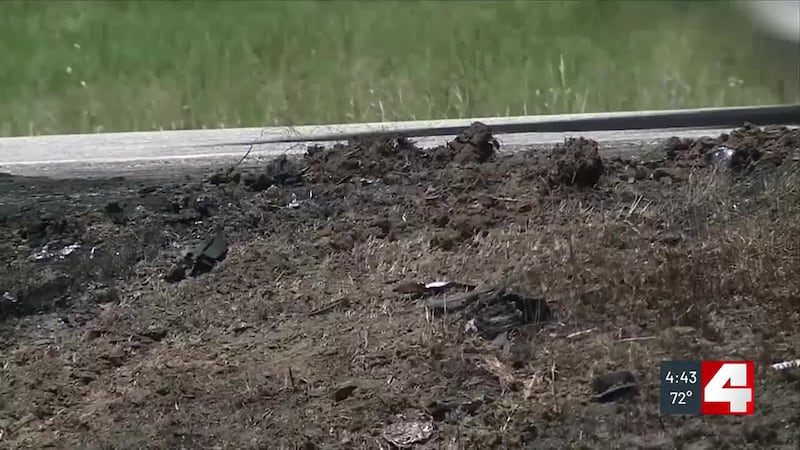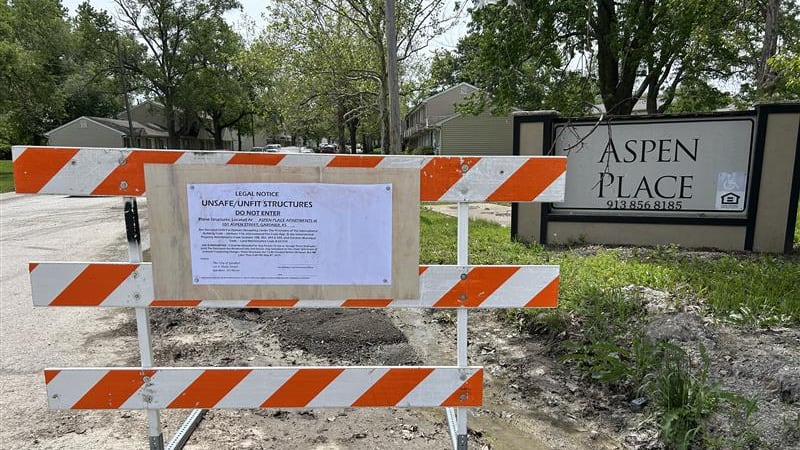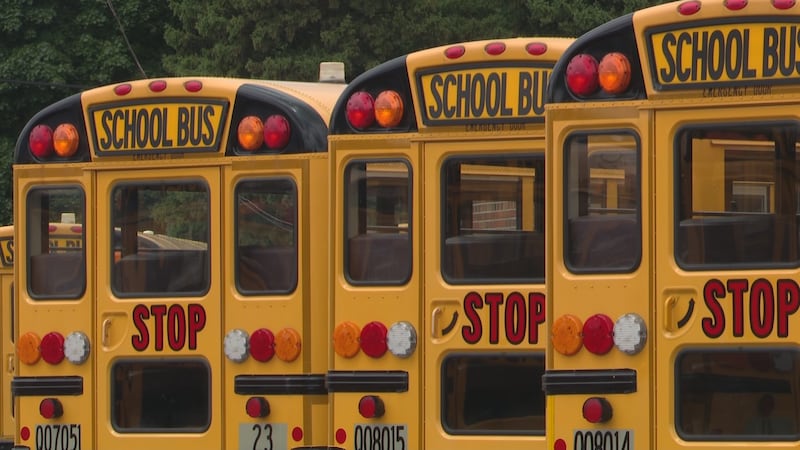From motel to motel: The journey of an Atlanta family’s fight for education
One in three Atlanta children has missed more than 15 days of school.
ATLANTA, Ga. (InvestigateTV) - Jasmine Burse and her four children moved to Atlanta three years ago. To make ends meet, they moved from motel to motel, depending on the nightly rate.
At one point, Burse and her family lived in a Marietta motel in “a room with one bed so I had to decide if my kids are going to sleep in the bed or if I’m going to sleep in the bed,” she said.
“My thoughts were to make sure I could cover the cost of the hotel, cover the three meals a day and cover the gas because my source of income at that time was driving for Lyft,” Burse said.
“I cried a lot.”
Burse’s children are enrolled in Atlanta Public Schools (APS), but she said making time to get her kids to school became complicated. “I believe they attended maybe three months out of the first school year,” she said.
According to data from the Georgia Department of Education (GaDOE), 19,888 APS students missed more than 15 class days in 2023. A child is considered chronically absent when they’ve missed 10% of their school year.
Analysis by our investigators revealed APS saw metro Atlanta’s highest absenteeism rate in 2023 at 35%.
GaDOE data showed three other districts nearing similar levels that year:
- DeKalb - 29%
- Clayton - 27.9%
- Henry - 25%
Education experts warn that chronic absenteeism is exacerbated by a post-pandemic affordable housing crisis. A 2024 report released by the National Low Income Housing Coalition found that minimum wage workers in Georgia would need to work as many as three and a half jobs just to afford fair market rent.
Burse could not afford the fair market rent in Atlanta. So her family shuffled from motel to motel. Her kids were among the nearly 1,900 APS students needing homes.
“Children with an experience of homelessness from low-income families exhibit worse academic and social engagement problems compared to their housed, low-income peers,” said the National Center for Homeless Education in its 2023 research study on housing and education.
Burse said that as they remained housing insecure, her eldest kids were no longer on their school’s honor roll, and her youngest kids couldn’t read proficiently. “I was focusing on providing,” she said. “I didn’t have the time or the energy to sit and read with them as I should.”
“Parents do the best they can with what they have,” said Charity Trowbridge, director of attendance improvement for Fulton County Schools, a district that saw some of its highest numbers of kids missing class. “When students miss school, they’re not just missing the academic work.
“It’s the cumulative effect that becomes more significant,” she said.
As Fulton’s attendance rates dropped, Trowbridge said, “that was our indicator this is an absenteeism issue that we really need to dig further into so we can better address it.”
Trowbridge’s office began creating individualized student plans with wrap-around services from housing resources to tutoring, and with a focus on “locate, assess, connect,” Trowbridge said. The effort focused on kids showing some issues with attendance before the problem became excessive.
As a result, over the last three years, Fulton’s absenteeism rate dropped from 37.9% in 2021 to 22% in 2023, according to the analysis by our investigators.
Although Burse’s family is in the neighboring district, she said her kids’ attendance improved when the family was connected to housing resources.
“I’m so grateful,” Burse said, for Frontline Housing, a nonprofit organization whose motel-to-home initiative helps families find an apartment and gain financial stability through a savings plan.
“Housing is a basic need, just as important as eating,” said Executive Director Mary Grace King. “You have to have somewhere to live if you want to work, if you want to be stable, and if you want to contribute to your community.”
Program Director Ciaira Showers said she’s worked with Burse “since the very beginning,” and has seen “how much families can grow and change if you give them the resources and are willing to work with them. It’s really heartwarming.”
When children go five or more days with unexcused absences, state law allows schools to report families to Georgia’s child welfare system for truancy; those cases may result in fines or even a parent’s arrest. We found metro districts typically only report families to the child welfare system in extreme instances, where harm or abuse is suspected.
Copyright 2025 Gray Media. All rights reserved.













